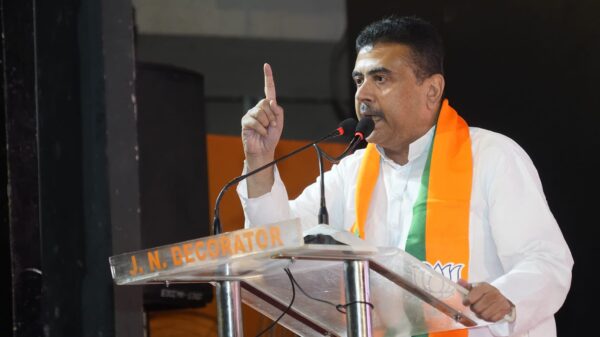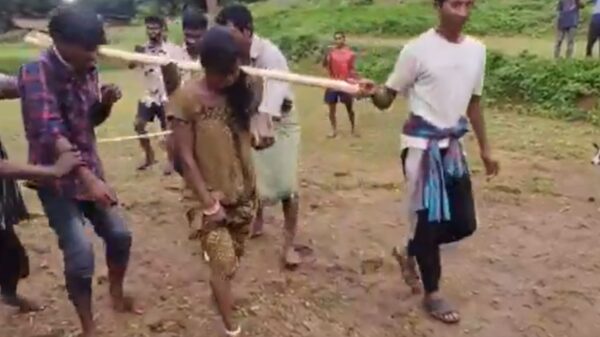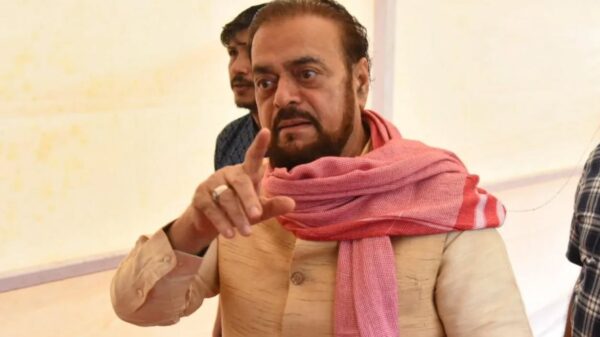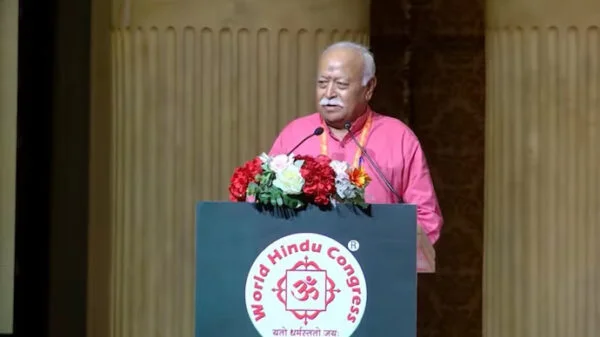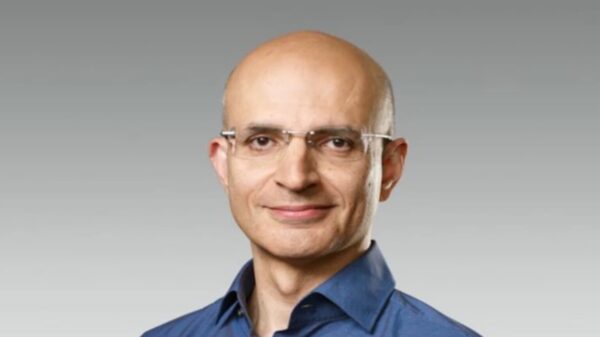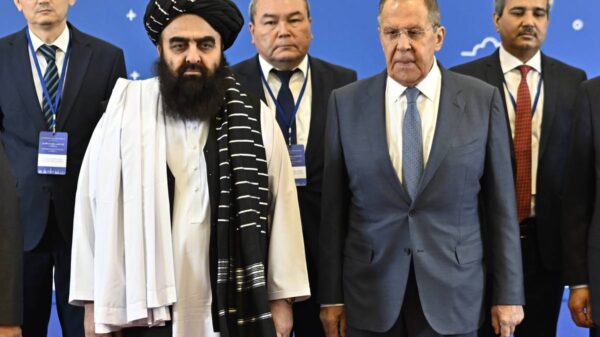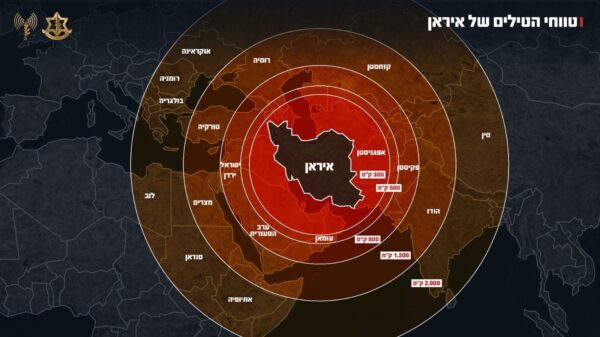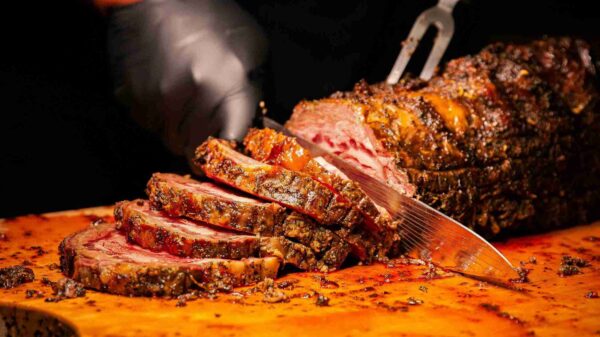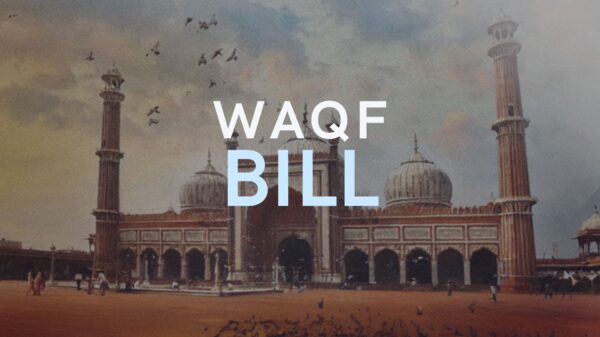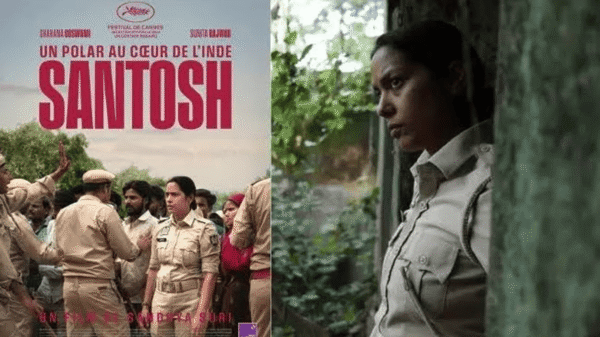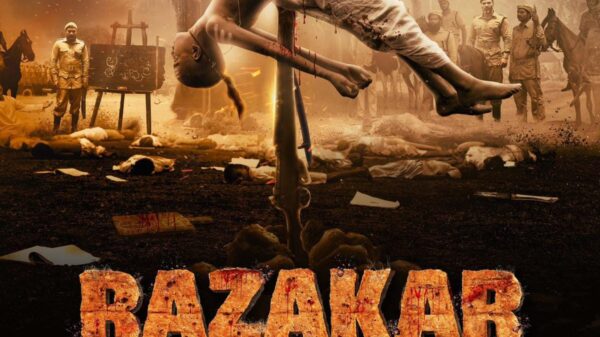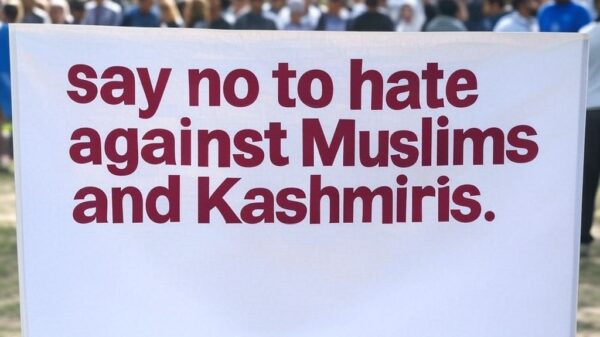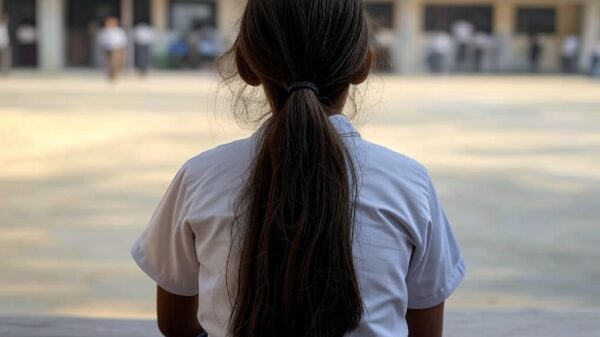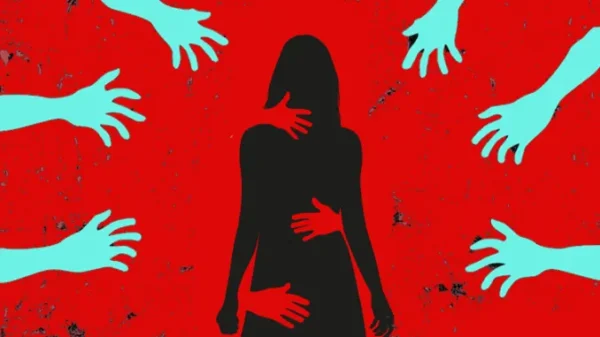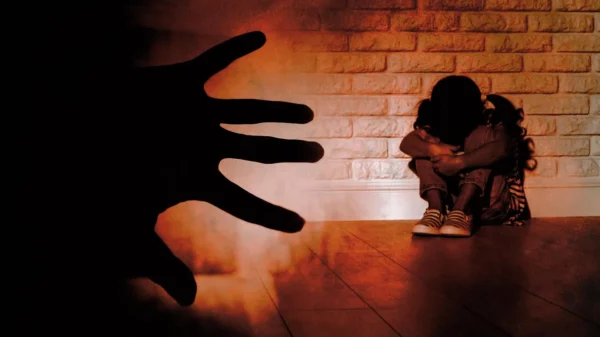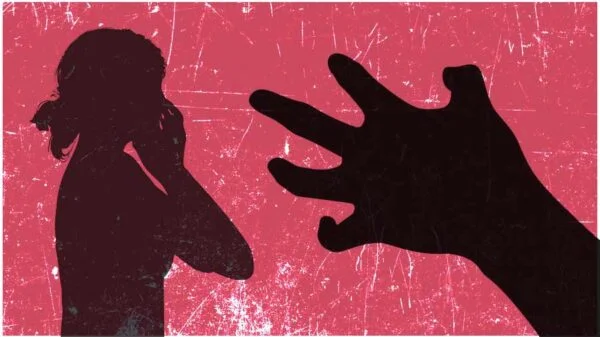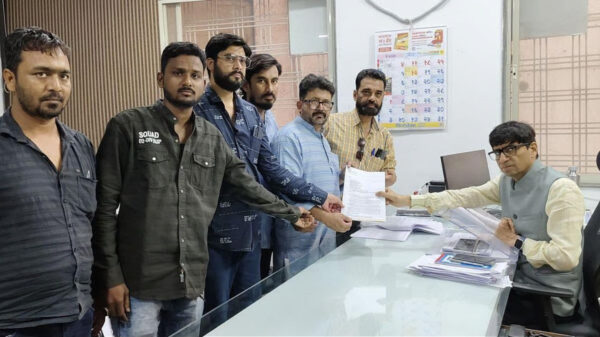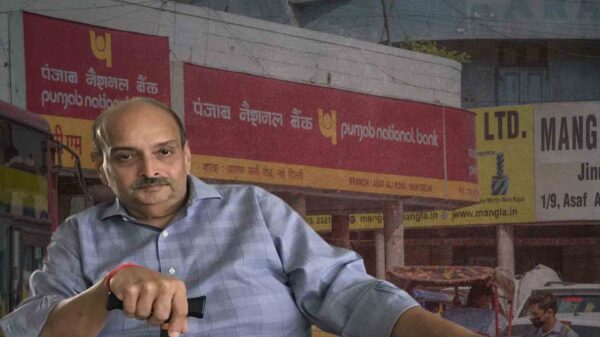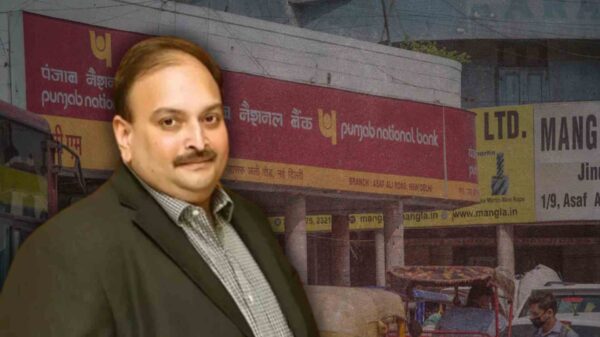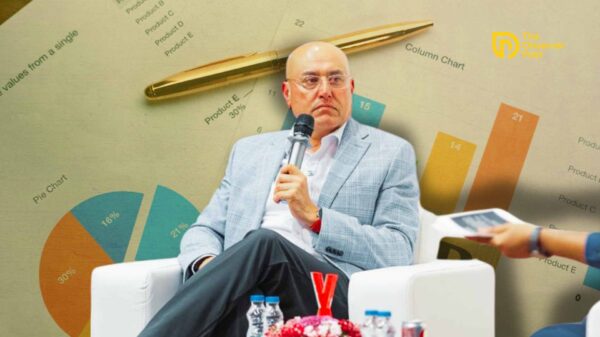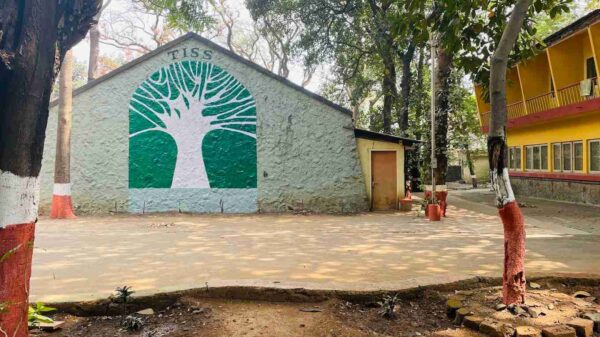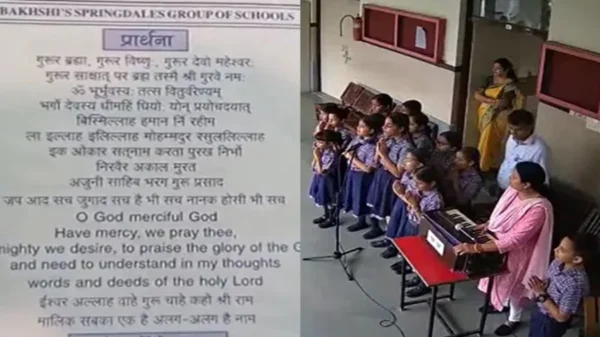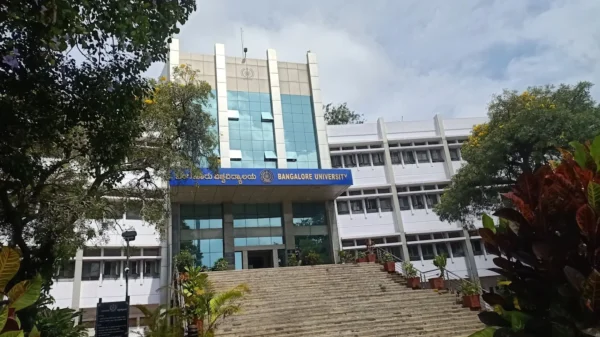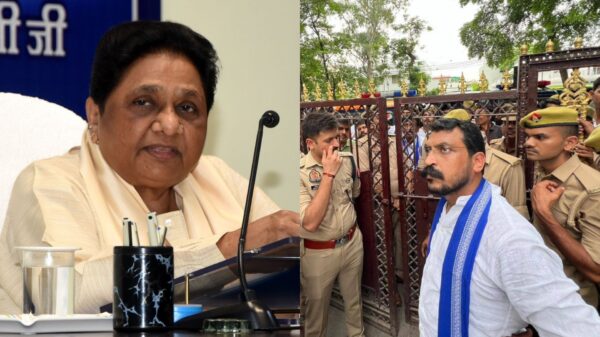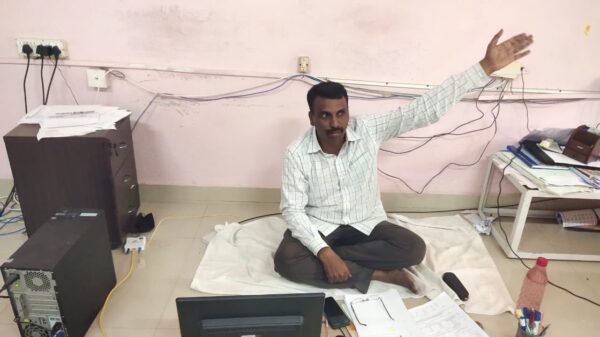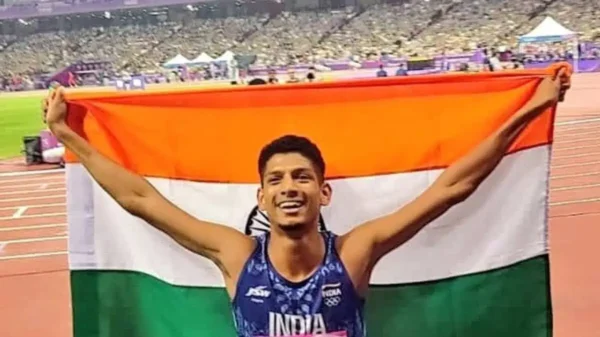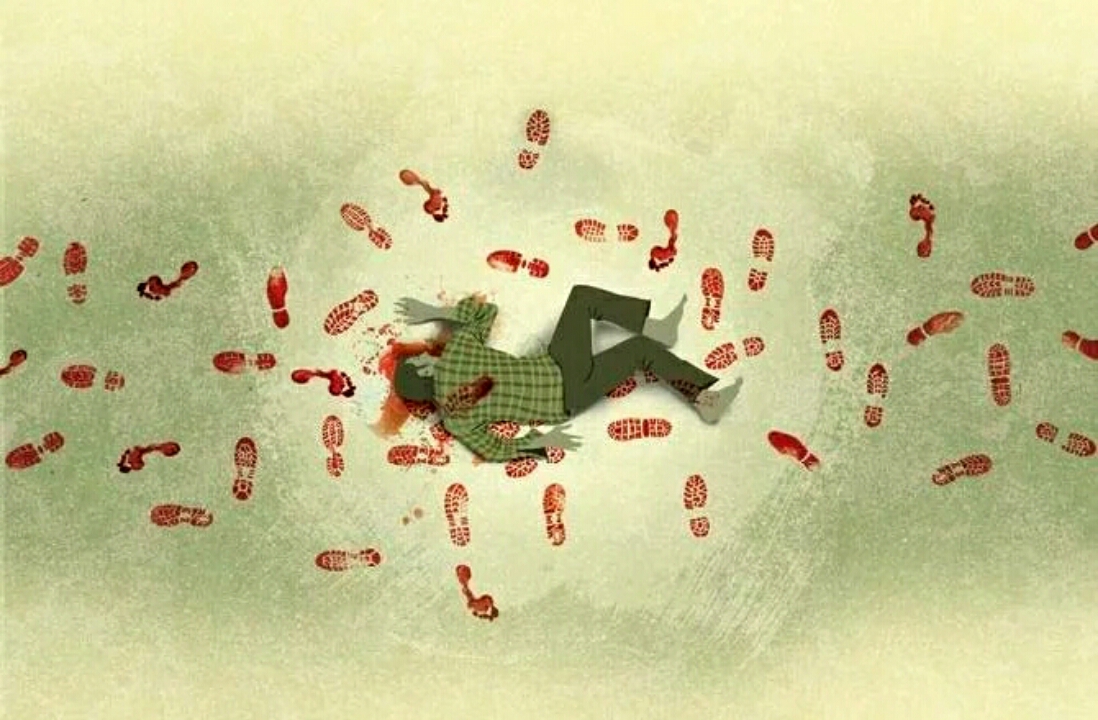Mohsin Shaikh, a 28-year-old engineer, was the first Muslim to be killed by a radical Hindu group since the Bharatiya Janata Party came to power. Since then, numerous Muslims have been lynched by right-wing extremist forces across India, with little tangible action taken.
Mohsin was attacked by a group of about 20 individuals on June 2, 2014, in Hadapsar, Maharashtra. Reports indicate that the lynching was carried out by members of the Hindu Rashtra Sena, led by Dhananjay Desai.
Prior to the killing, objectionable posts about figures like Shivaji Maharaj and Bal Thackeray of the Shiv Sena had gone viral on social media. Mohsin, who was wearing a skull cap, was heading home to Hadapsar from a nearby mosque with a friend when the incident occurred.
Mohsin had been living in Pune since 2006 and was described by his family and neighbors as a kind-hearted person. He worked as an IT professional at a textile firm in the city.
On January 27, 2023, a Pune session court acquitted Hindu Rashtra Sena leader Dhananjay Desai and 19 others in the murder case of Mohsin Shaikh. Desai, who was the main accused, has been out on bail since 2019.
Following Desai’s release on bail, his supporters staged a rally with hateful slogans targeting a community, despite the conditions of his bail explicitly prohibiting him from holding public meetings or addressing public gatherings.
“It has been 10 years since Mohsin Shaikh was killed in Pune by the extremist group Hindu Rashtra Sena”.
Mubeen Shaikh, Mohsin’s younger brother, says, “There have been no hearings in the case since Desai was granted bail. The government didn’t even appoint a lawyer for us after Ujjwal Nikam, who was appointed as the special prosecutor, withdrew from the case in 2017.

Mubeen used to live with Mohsin in Pune, where he took care of rent and other expenses, while Mohsin sent money back to the family in Solapur. However, after Mohsin’s passing, Mubeen found it impossible to continue living in Pune and take care of the family simultaneously. He moved back to Solapur, where he now works for Rs 8,000 per month, down from his previous salary of Rs 20,000 at a private company in 2014. With this reduced income, he has to support his mother, wife, and child.
The entire family’s life changed dramatically when Mohsin was brutally murdered. Mubeen relocated to Solapur, while Mohsin’s father, Sadiq Shaikh, fought for justice for his deceased son, as well as compensation and a job for his younger son.
Sadly, his father too passed away in December 2018. Mubeen explains, “He had a blockage in his heart that could have been treated, but we didn’t have the money. The stress, along with his ailment, claimed his life.”
Mubeen’s mother is also in poor health. She was diagnosed with high blood pressure after Mohsin’s murder and later developed diabetes following their father’s death. Mubeen laments, “It’s incredibly difficult for me to support everyone and manage their health issues with such a small income.”
When asked about their future plans, Mubeen expressed frustration, stating that he has lost faith in the system. He questions, “It’s been seven years. How much longer should I wait for something to happen? We were promised a fast-tracked case, a lawyer, and compensation, but nothing has been provided. If I continue to wait, how will we survive? How will my family eat and live?”
Mubeen feels that no one cares about their plight. Since June 2nd, 2024, each year journalists only reach out on this day, and then we are forgotten for the rest of the year.
It is important to note that according to officials from the Home Ministry, there have been a total of 45 lynchings across nine states from 2014 until March 2018, as presented in the Lower House of Parliament.
Authorities have arrested over 250 individuals involved in these crimes, which were motivated by reasons such as communal hatred, violence by “cow vigilantes,” and child abuse, among others.






